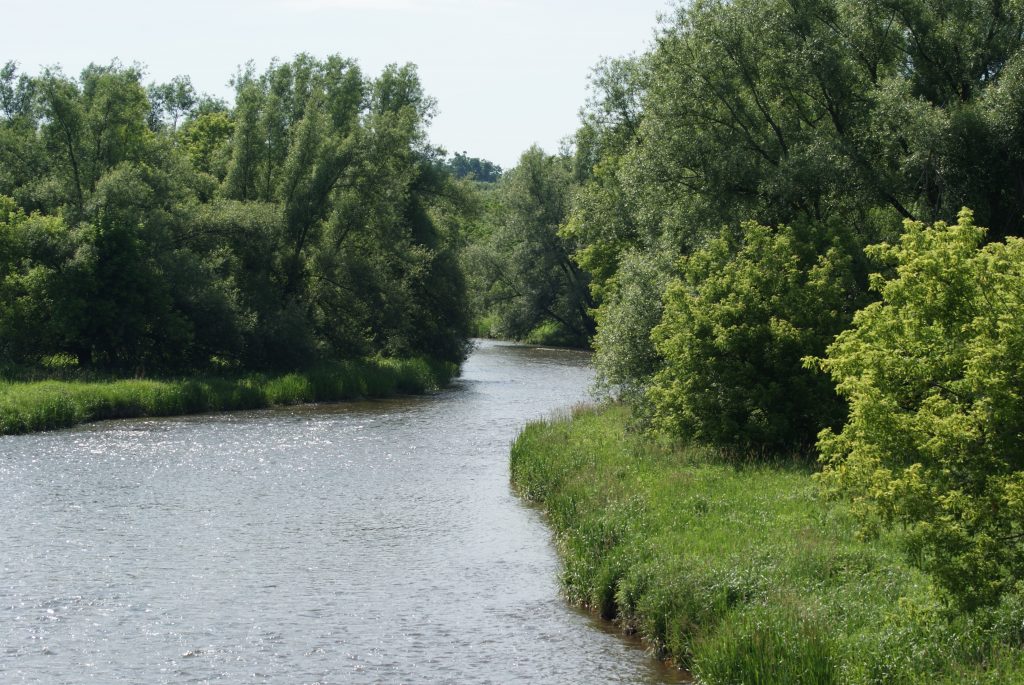On Monday night, as election results were tallied across the GTA, there was at least one trend: where citizens were engaged on development issues incumbents often lost and new greener councils were elected. This isn’t surprising given that the Oak Ridges Moraine and Greenbelt Plan were both created as a result of citizen engagement. Organized, engaged people can make a difference.
During this municipal election there were several areas in or near the Greenbelt where concerns about urban sprawl and inappropriate development became vote-deciding issues. Both inside and outside of the Greenbelt sprawl and infrastructure development on prime agricultural land remains a key concern.
In Simcoe County, local farmer and smart growth advocate Rob Keffer was elected Mayor over the pro-growth incumbent Doug White, a supporter of the 404 Bradford by-pass. In Midhurst, a community of 3,500 nestled in the municipality of Springwater just north of Barrie, a developer wants to turn this rural community into a sprawling city of 30,000. The new mayor, Bill French ran and was elected on an anti-sprawl platform. The Midhurst Ratepayers Association, which is fighting sprawl, endorsed five candidates out of seven candidates elected. Working with the new council, the Midhurst Ratepayers Association is determined to stop plans to turn this agricultural community on the edge of the Minesing wetlands, (a provincially significant wetland), into a massive sprawl development.
Within the Greenbelt residents rallied where the local government failed to uphold the Greenbelt policies that are intended to protect natural areas. For instance, in York Region a Georgina residents group, Save the North Gwillimbury Forest, surveyed candidates to ensure voters knew where candidates stood on the issue of developing a 1,000 home subdivision in an environmentally sensitive area of the Greenbelt. The residents group effectively engaged citizens through an online campaign and at all candidates meetings. As a result, long-time Mayor Robert Grossi lost to challenger Margaret Quirk.
In Niagara, where the municipality of Grimsby is planning to build a road through one of the few remaining forested areas, a group working to stop the forest’s destruction held events at the woodlot and ran ads in the local paper to build awareness of the threat to this precious forested area in the Greenbelt. This week a new regional councillor, Tony Quirk, was elected. Quirk has promised to save the woodlot.
Ousting incumbents and getting candidates elected is not easy. In each of these cases, volunteers in these community organizations put in a huge amount of time and energy to inspire change. They held events, paid for ads in local papers, developed websites, online petitions and used social media to build awareness and communicate the position of the people running for Council in relation to important issues in the Greenbelt. In some cases, community members were inspired to run for office to fight the issue themselves.
Last summer at an event in Midhurst, Margaret Atwood gave an empowering speech. She told the crowd, “This is your opportunity to do something bigger than yourself.” Well, they did it. We should all be encouraged by these citizens. They cared enough to get involved in their community to make change happen.









